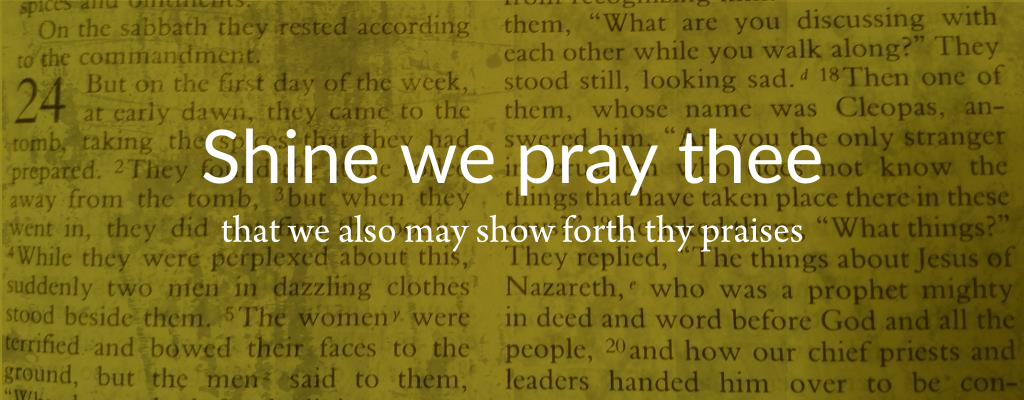Maclean’s Magazine challenges: “Did Jesus Really Exist?”
The lead story in Maclean’s Magazine this week is “Did Jesus Really Exist? Memory research has cast doubt.” I find it amazing that the modern press continues to question the authenticity of the Gospels. The author of the article points out inconsistencies in the Gospel stories. He suggests that the true story of Jesus, his life and ministry were embellished over the years of “story telling” like that children’s game of telephone. He reports that the conclusion of one academic is that the reason the quests for the historical Jesus has failed is that “he never lived at all.” It was all invention by the early church.
The author quotes scholarly opinion that the Gospels were not written until after the fall of Jerusalem in 70AD. As they were written so late after the events of Christ’s life, much of the historical accuracy has been lost. Further inconsistencies in the stories found in the Gospels prove that these stories cannot be trusted. Modern scientific research, he reports, has demonstrated the implantation of false memories; the suggestion being that the Gospels cannot be trusted.
Interestingly enough, while claiming that the Gospels were only written after 70 AD, the article contains a picture of the earliest known fragment of the New Testament. What the article doesn’t tell is us that the fragment is from the Gospel of Matthew and has been carbon dated to 56 AD. So unless this fragment is from the first copy of the first edition of Matthew’s Gospel then the Gospels were clearly written within the living memory of those who know Jesus. If as some scholars insist, Matthew based his Gospel on the Gospel of Mark, then Mark’s gospel had to be written even earlier. People who knew Christ, and witnessed his ministry would have been quick to decry and condemn inaccuracies and variations from the true story.
He is particularly critical of St. Paul for two reasons. One, Paul does not site specific stories or events from the life of the historical Jesus. Secondly, St. Paul claimed that his knowledge of Jesus came directly to him through divine revelation. Things get further complicated when the author suggests that stories about Jesus were confused with stories of an Egyptian god, Osiris. But it may be that Paul doesn’t need to site instances from Christ’s earthly life because the Gospel accounts were already widely known. Further his preaching is not based on the contemporary mystery religions of his day but on the fulfillment of Old Testament prophecy.
But there is something more. St. Paul says, “I did not come proclaiming to you the testimony of God in lofty words or wisdom . . . but in demonstration of the Spirit and of power.” The Holy Spirit accompanied those proclaiming the Gospel confirming the Word of Truth in demonstrations of God’s saving power as He did throughout the earthly ministry of Jesus.
The author of the Maclean’s article is further critical of the fact that all the references to Jesus and his life come from biased Christian sources. There is archeological evidence that Pontus Pilate was the Roman governor in Palestine at the time of Christ’s execution. There are secular historical references about one Jesus believed to be the Christ, from Tactus, Pliny the Younger, Lucian of Samosata; and referenced also in the Babylonian Talmud. But somehow he imagines that people learning of Christ and the events of his life would not be profoundly changed (i.e. converted). Even the centurion at the foot of the cross says, “Surely, this was the Son of God.”
Perhaps the most interesting non-Christian comment on the historical Jesus comes from the first century historian Titus Flavius Josephus. “Now there was about this time, Jesus, a wise man, if it be lawful to call him a man; for he was a doer of wonderful works, a teacher of such men as receive the truth.”





Leave a Comment